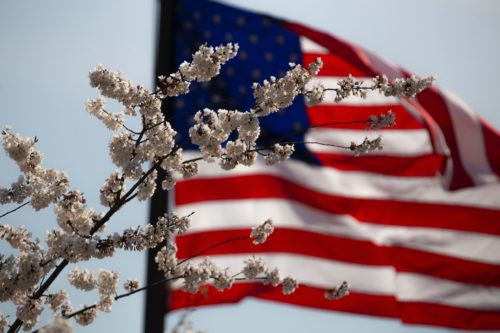
One of the last steps of becoming a citizen involves attending a naturalization ceremony. Read on to learn more about naturalization ceremonies, what they entail, and what you can expect.
Are There Different Types of Naturalization Ceremonies?
There are two types of naturalization ceremonies: the administrative ceremony and the judicial ceremony. Though both ceremonies involve taking the Oath of Allegiance, the Oath is administered differently between the two. In an administrative ceremony, USCIS will administer the Oath, while in the judicial ceremony, the court will administer the Oath. While there is a chance you can have your naturalization ceremony on the same day as your interview, there is also a chance that ceremonies will be unavailable immediately after your interview. If this is the case, USCIS will mail you a notice with the location, date, and time of your naturalization ceremony.
What if I Cannot Attend the Ceremony?
If for some reason, you are unable to attend the scheduled naturalization ceremony, you may return the notice to your local USCIS office, including a letter giving your reasoning for why you cannot attend, as well as request a new date for the ceremony to take place. While this is acceptable once, you should know that if you fail to appear more than once, your application may be denied. However, if there are some sort of outstanding circumstances that require your absence from the ceremony, you should speak with an experienced immigration attorney.
What do I Need to do When I Arrive at the Naturalization Ceremony?
Once you arrive, you will check in with USCIS. Next, you will provide a USCIS officer with the answers you gave to the questionnaire, Form N-455, Notice of Naturalization Oath Ceremony. You will then return your Permanent Resident Card, as you will no longer need it once you take the Oath and receive the Certificate of Naturalization. Upon receiving the Certificate, ensure you check it over for any potential errors.
What Are Some Benefits of U.S. Citizenship?
Those who are granted citizenship now have the power to apply for passports, vote, and update their Social Security records, among other things. Additionally, you may be able to help family members gain citizenship.
If you have any questions regarding naturalization ceremonies in Wisconsin, contact our firm to speak with an experienced attorney.
Contact our experienced Wisconsin firm
John Sesini is an experienced immigration attorney with offices in Green Bay and Milwaukee Wisconsin. Our firm understands what is at stake when it comes to immigration law matters, which is why If you have any questions, you should not hesitate to contact the Sesini Law Group, S.C. and schedule your initial consultation with our firm today.
